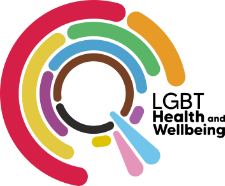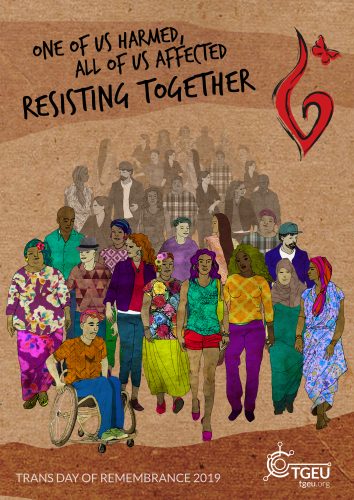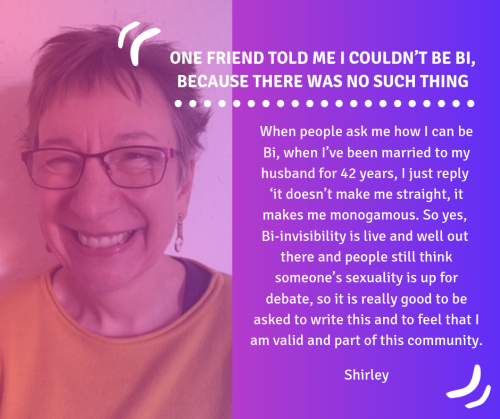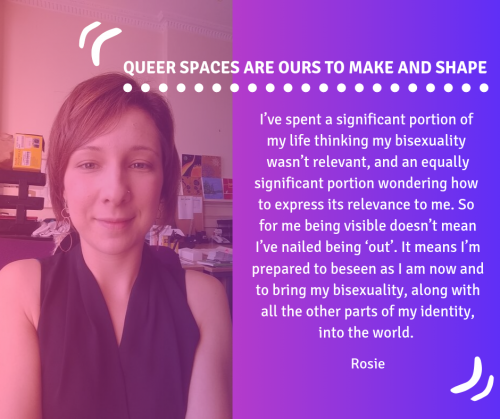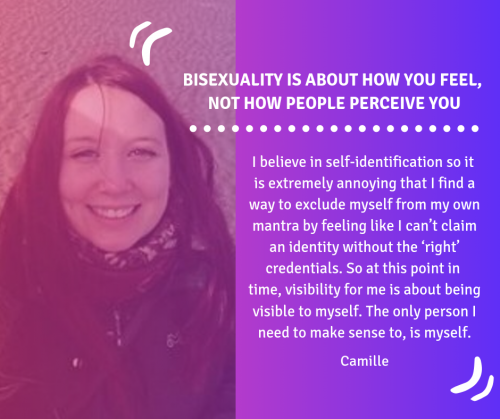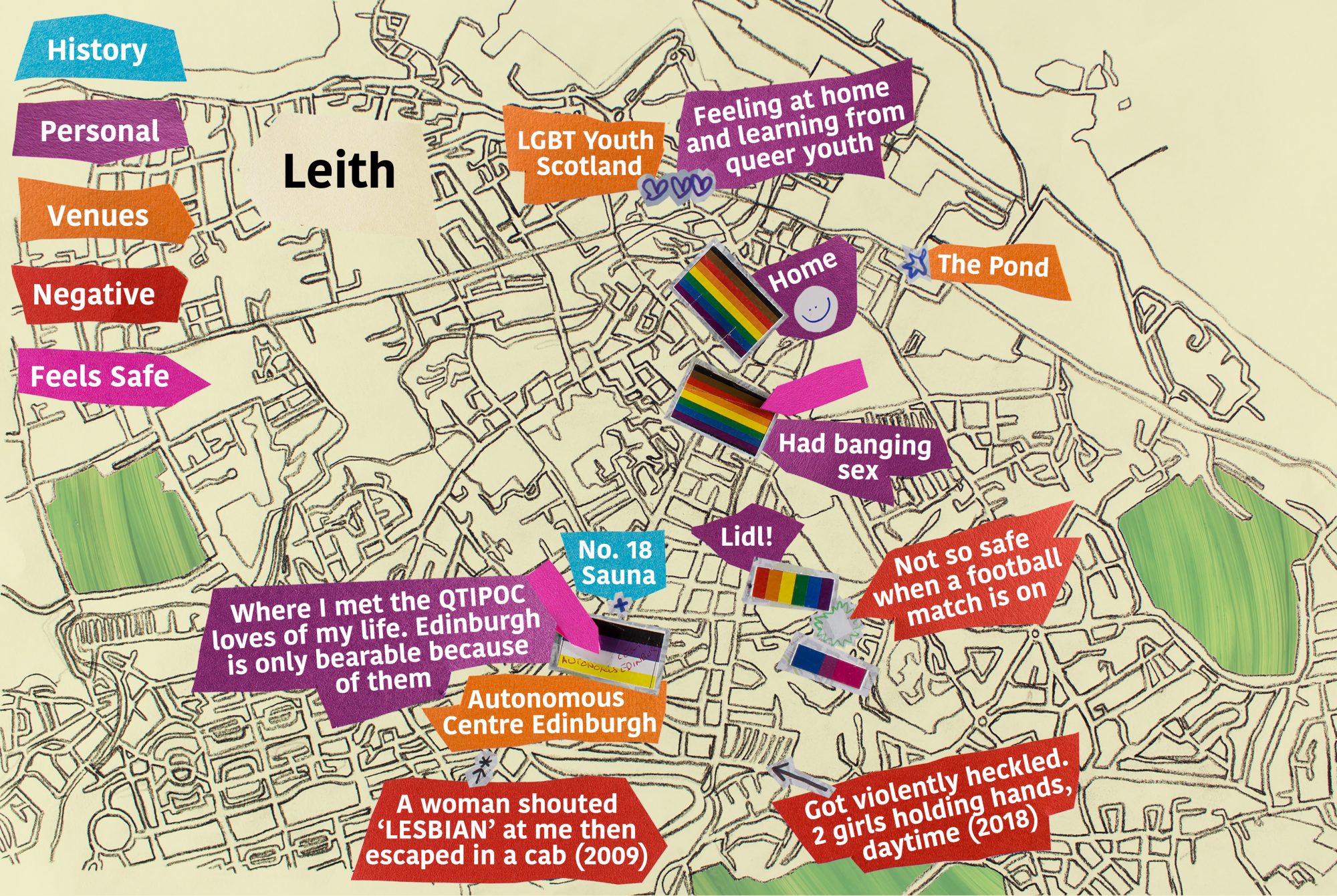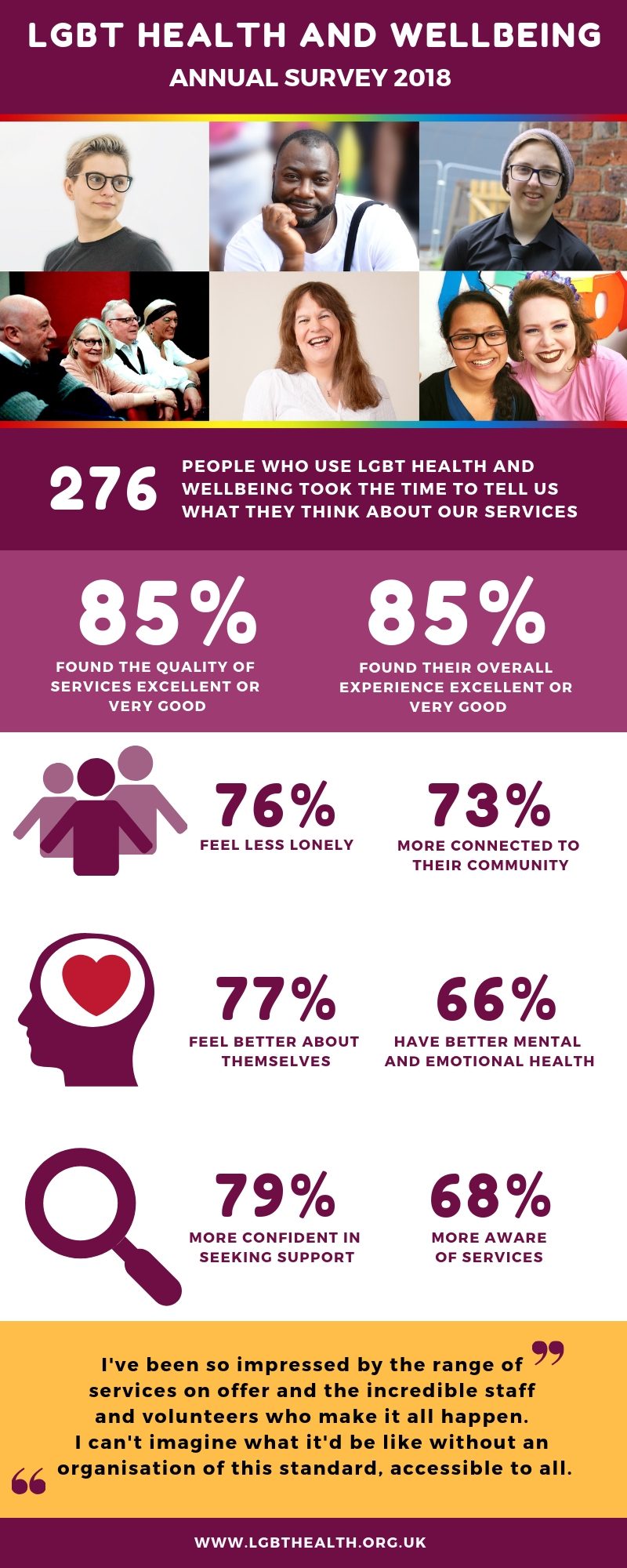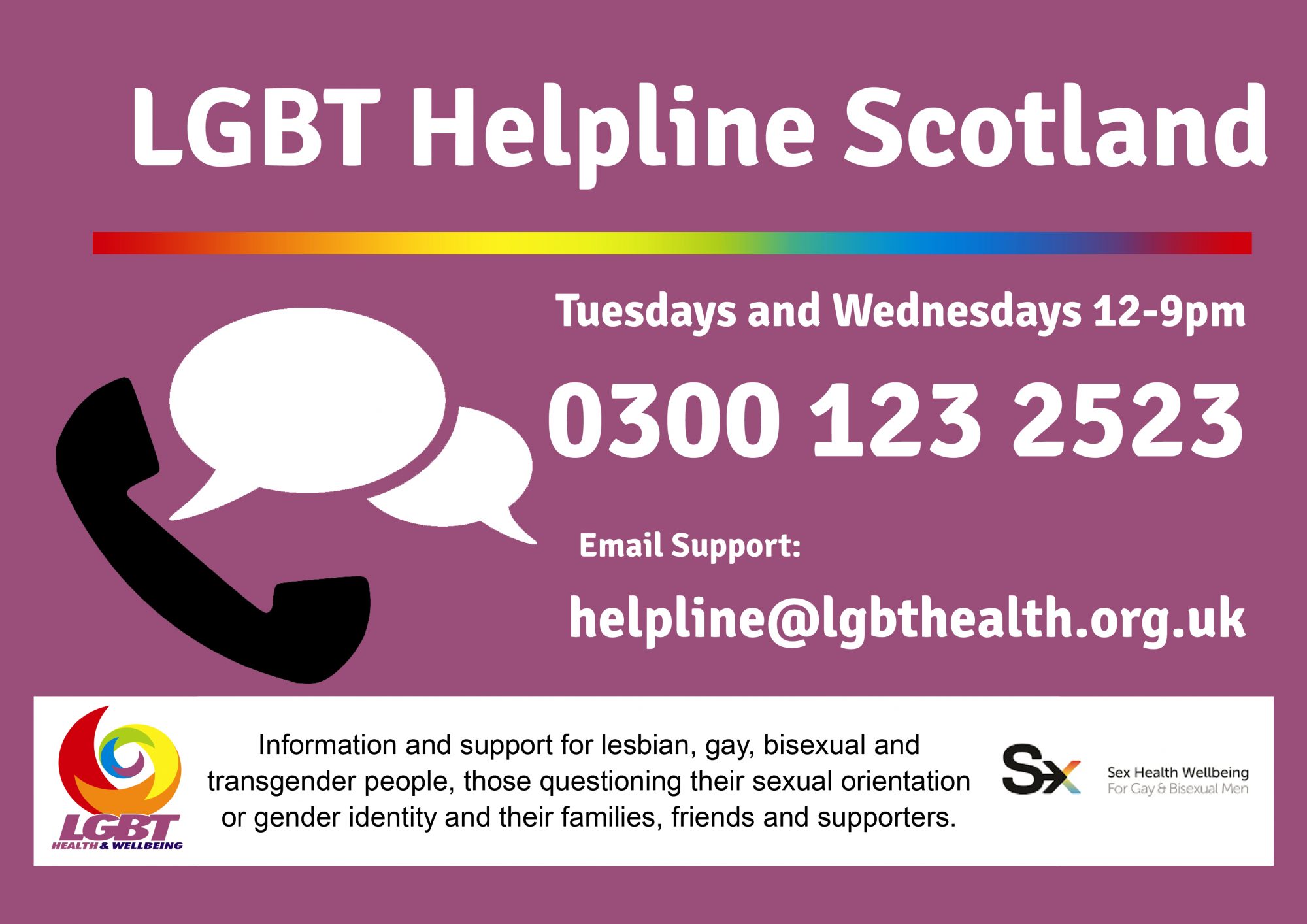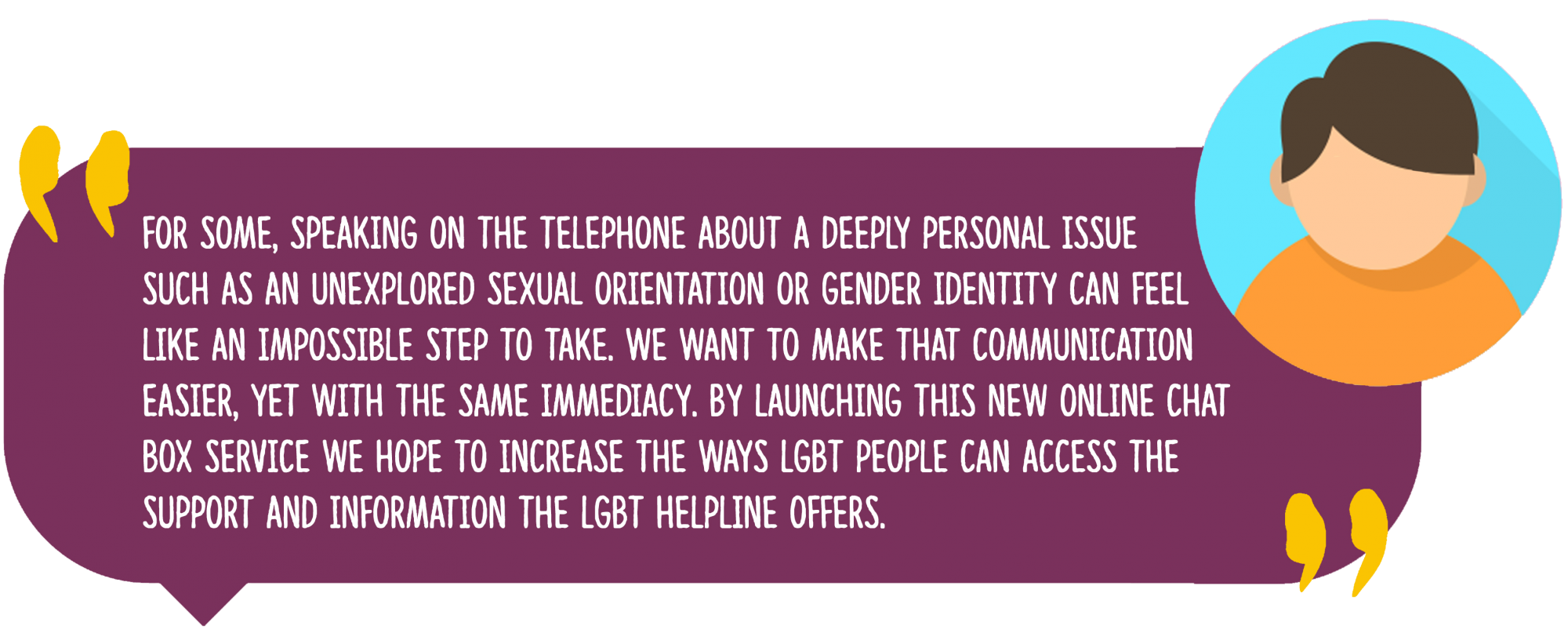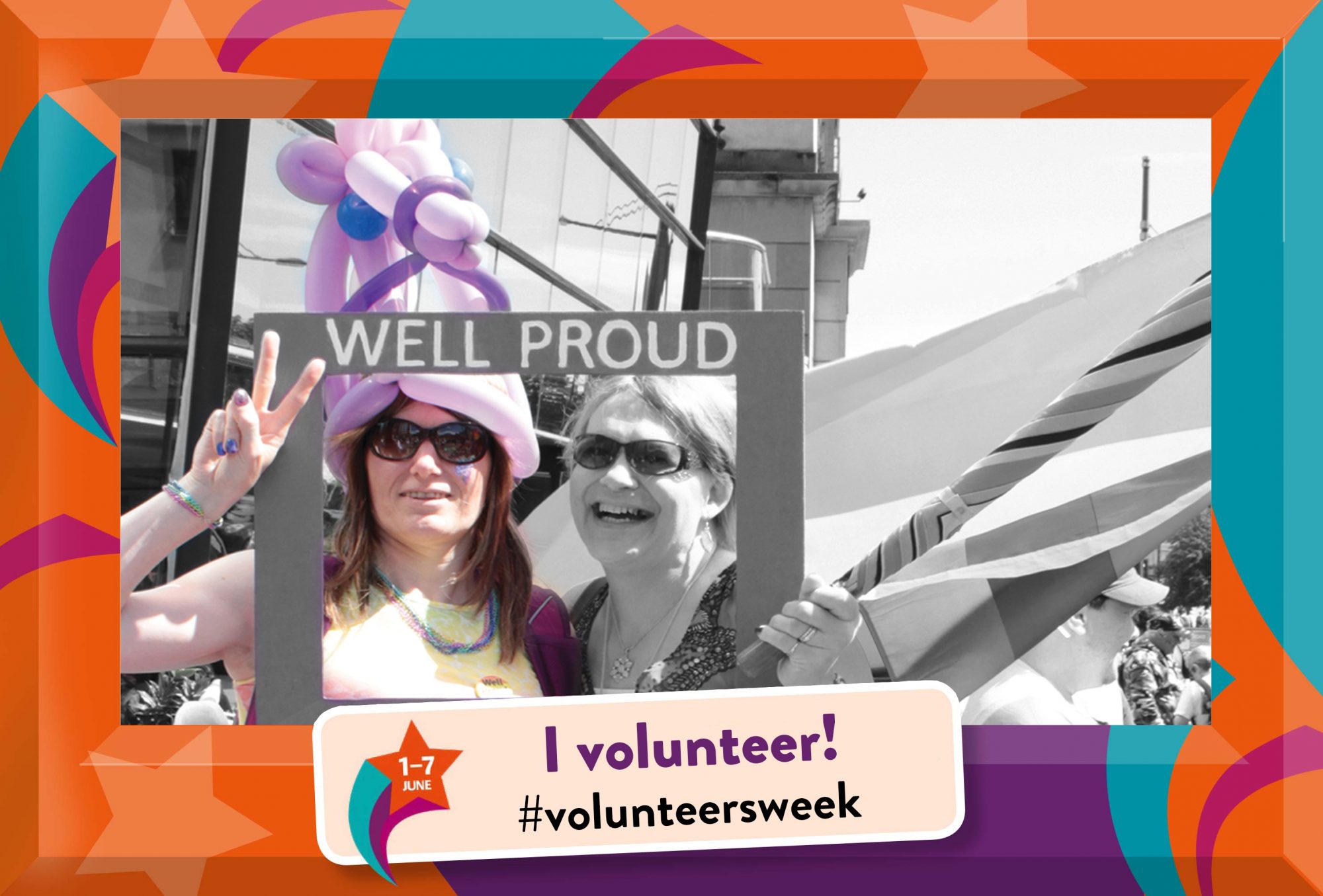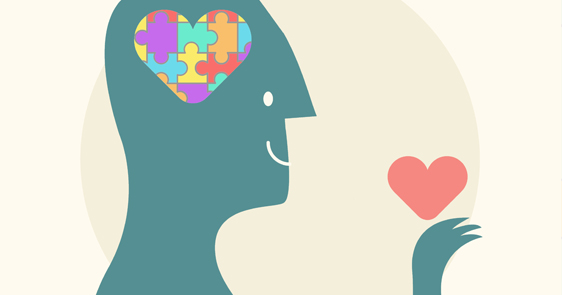Equality organisations welcome Scottish Government draft bill to reform the Gender Recognition Act
Leading LGBTI (lesbian, gay, bisexual, trans and intersex) organisations in Scotland have welcomed the Scottish Government’s draft Gender Recognition Reform (Scotland) Bill, published today. The draft bill is out for public consultation until 17 March 2020.
According to Scottish Trans Alliance, Equality Network, LGBT Youth Scotland, Stonewall Scotland and LGBT Health and Wellbeing, the draft bill is a step in the right direction towards greater equality for transgender people in Scotland.
The Scottish Government previously ran a four month consultation in 2018 on how the Gender Recognition Act, which dates from 2004, could be improved. They received over 15,500 consultation responses. Two-thirds (65%) of Scottish respondents agreed with the proposed reform to a statutory declaration system.
The Scottish Government draft bill aims to simplify how transgender people change the sex on their birth certificates. The key changes are to:
- Move to a system whereby a trans person makes a formal legal statutory declaration confirming the sex in which they have been living for at least 3 months and their intention to continue to do so for the rest of their life.
- Introduce a 3 month ‘reflection’ period before a gender recognition certificate would be issued, meaning a trans person will have had to live in that sex for over 6 months before being able to change their birth certificate.
- Remove the current requirement to provide a demeaning psychiatric report containing intrusive details such as what toys trans people played with as children, their sexual relationships and how distressed they were before transitioning.
- Remove the current requirement to provide an invasive medical report describing any hormonal or surgical treatment they are planning or have undergone, or confirming they do not intend to undergo such treatment.
- Allow 16 and 17 year olds to apply for a gender recognition certificate.
Passports, driving licences, medical records and employment records are already changed by self-declaration when a person starts transitioning. The gender recognition process to change a trans person’s sex on their birth certificate will remain more difficult than changing their sex on other identity documents.
James Morton, Scottish Trans Alliance Manager, said:
“We welcome the Scottish Government’s publication of their draft bill to reform the Gender Recognition Act. The current process to change the sex on a trans person’s birth certificate is a humiliating, offensive and expensive red-tape nightmare which requires them to submit intrusive psychiatric evidence to a faceless tribunal panel years after they transitioned.
“What’s written on a trans person’s birth certificate is not the deciding factor for their access to single-sex services or sports competitions. The reasons trans people change the sex on their birth certificate are so that they no longer have the worry of being ‘outed’ by that last piece of paperwork not matching their other ID, and to be sure that, when they die, nobody can erase their hard-won identity and right to be recorded as themselves.
“We are very pleased that the draft bill is based on statutory declaration not psychiatric evidence and that it reduces the age for application from 18 to 16. However, we are disappointed that the Scottish Government has chosen not to include under 16s or non-binary trans people in the draft bill. We urge the Scottish Government to expand the bill so that all trans people can have equal inclusion and acceptance within Scottish society.”
During the recent UK election campaign, First Minister Nicola Sturgeon was asked about reform of the Gender Recognition Act and replied:
“The reform of the Gender Recognition Act is about making the process of legally changing gender less intrusive, less bureaucratic and less traumatic for trans people. It doesn’t change the situation of single sex or women’s only spaces, that is governed by the Equality Act, which we are not proposing to change. You don’t need a gender recognition certificate to access women only spaces right now.
“I am a supporter of trans rights, I’m a supporter of women’s rights and I think it is incumbent on people like me to demonstrate that those things aren’t and needn’t be in tension and in competition. I am a lifelong feminist. I would not be proposing or arguing for something that I thought would be ‘trampling women’s rights’.”
[BBC Radio 5 Live (2 Dec 2019): https://www.bbc.co.uk/programmes/m000cqdy at timestamp 33:30]
Dr Mhairi Crawford, Chief Executive of LGBT Youth Scotland, said:
“LGBT Youth Scotland welcomes today’s announcement and are pleased that transgender young people over 16 are included in the draft bill.
“We support the proposed changes to enable 16 and 17 year olds to change their legal paperwork to align with their gender identity, recognising trans young people’s right to privacy and to be protected from discrimination. In Scotland, 16 and 17 year olds are allowed to vote, leave school, get married and have children. They can already change the sex on their passports and education records. It makes little sense to deny them the protections that updating their birth certificate affords them.
“We share young people’s disappointment that there is no inclusion of non-binary people in this draft bill and no process for under 16s who wish to obtain legal recognition of their gender. We do, however, recognise that progress takes time and regard today’s draft bill as a steppingstone to full legal recognition for trans people. LGBT Youth Scotland will strive to bring trans young people’s views and experiences to the fore during this consultation and we will work closely with our Youth Commission on gender recognition as we develop our organisational response.”
Dr Rebecca Crowther, Policy Coordinator at Equality Network, said:
“As a lesbian feminist woman, I know that trans rights are not in contradiction of, nor counter to, the fight for women’s rights and equality, of which I am part. Scotland’s national women’s organisations broadly support the reform of the Gender Recognition Act to a statutory declaration system. Now that the draft bill has been published, it is very clear that it does not make any changes to the Equality Act’s single-sex services provisions, so will have no effect on the way single-sex spaces can choose to operate.”
Sophie Bridger, Campaigns, Policy and Research Manager at Stonewall Scotland, said:
“Scotland has a proud history of being a progressive country and this Bill gives us the chance to help trans communities be recognised for who they are. Reforming the Gender Recognition Act to replace the current dehumanising, medicalised process with a process of statutory declaration would be life-changing for many trans people. However, we’d like to see the Bill go further to recognise non-binary identities, so every part of the trans community can benefit from the legislative change.
“Trans people have suffered for too long from inequalities that can be easily removed. So we need everyone who cares about equality to ‘come out’ in support of reforming the Gender Recognition Act and respond to the government’s consultation on the draft Bill.”
Dr Rosie Tyler-Greig, Policy and Influencing Manager at LGBT Health & Wellbeing, said:
“LGBT Health and Wellbeing welcomes the draft bill and the opportunity for trans people and their organisations to re-affirm the importance of a more accessible and respectful gender recognition process. Improving the process will relieve a lot of stress for many trans people, who currently struggle to gather complicated evidence and medical reports just to be recognised as who they are. It is only right that at significant points in the life course, such as accessing pensions or getting married, trans people’s paperwork matches who they are – something the majority of us can take for granted. We remain disappointed that recognition for non-binary people is not included in the proposed changes and we urge Scottish Government to take positive steps towards ensuring everyone can be recognised for who they are.”
For further information, please contact James Morton, Scottish Trans Alliance Manager, on 07554 992626 or james@equality-network.org
Quotes and photos from, and face-to-face and telephone interviews with, transgender individuals can be provided.
Notes to editors:
- The Scottish Government draft Gender Recognition (Scotland) Bill can be found at: https://consult.gov.scot/family-law/gender-recognition-reform-scotland-bill/
n - The Gender Recognition Act 2004 allows trans people to change the sex recorded on their birth certificate. However, the procedure is intrusive and humiliating, and is not available to people under 18 or to non-binary people. In their 2016 Holyrood manifestos, the SNP, Labour, the Greens and LibDems all committed to reforming the Gender Recognition Act, and the Tories committed to review it. The Scottish Government consulted publicly on proposals for reform, from November 2017 to March 2018 and two-thirds of the Scottish respondents supported reform to a statutory declaration system: https://www2.gov.scot/Resource/0054/00540424.pdf and https://www.gov.scot/publications/review-gender-recognition-act-2004-analysis-responses-public-consultation-exercise-report/
n - The national Scottish women’s organisations broadly support the reform of the Gender Recognition Act to a statutory declaration system. Their support statement can be found at: https://www.engender.org.uk/news/blog/statement-in-support-of-the-equal-recognition-campaign-and-reform-of-the-gender-recognition/
n - 23 governments already provide legal gender recognition through statutory declaration: Argentina (population 44 million), Belgium (11 million), 5 provinces in Canada (5.5 million), Colombia (49 million), Denmark (5.7 million), Ireland (4.7 million), Malta (0.5 million), Norway (5.2 million), Portugal (10 million), 2 regions in Spain (14 million), Uruguay (3.4 million) and 7 states in the USA (71 million).
n - Gender recognition reform does not affect sport. Where necessary for fair and safe competition, sports governing bodies will continue to be able to restrict trans people’s participation regardless of whether they have received legal gender recognition.
n - Gender recognition reform does not create any new rights for trans people to access single-sex services. For example, trans women have never been required to change the sex on their birth certificates in order to use women’s toilets, changing facilities or other women’s services. The Equality Act 2010 will continue to provide single-sex services with the ability to treat a trans person differently from other service users if that is a proportionate response to achieve a legitimate aim (such as ensuring adequate privacy). This Equality Act provision applies regardless of whether the trans person has received legal gender recognition.
n - Gender recognition reform does not affect criminal justice. A trans person’s gender recognition history and previous identity details are permitted to be shared for the purpose of preventing or investigating crime. Receiving gender recognition does not prevent someone from being prosecuted or convicted for any criminal behaviour, nor does it enable them to hide any previous convictions.
n - The Scottish Government’s statutory declaration system would still require a trans man or trans woman to be living permanently as a man or woman before they can receive legal gender recognition. It would remain more difficult for a trans person to change the sex on their birth certificate than it is for them to change the sex on their driving licence, medical records, passport, bank accounts and other identity documents. Making a fraudulent statutory declaration is a serious criminal offence of perjury and is punishable by imprisonment.
n - Scottish Trans Alliance scottishtrans.org
Scotland’s national transgender equality and human rights project and is based within the Equality Network, a national charity working for lesbian, gay, bisexual, trans and intersex (LGBTI) equality and human rights in Scotland: www.equality-network.org
n - LGBT Youth Scotland lgbtyouth.org.uk
Scotland’s largest youth and community based organisation for LGBT young people. We regularly support professionals to meet the needs of gender non-conforming children under the age of 13 and work with a high number of transgender young people under the age of 16 within our services. We run youth groups across Scotland and two national participation projects, including the LGBT Youth Commission on Gender Recognition.
n - Stonewall Scotland stonewallscotland.org.uk
Campaign for equality and justice for gay, lesbian, bisexual and trans (LGBT) people living in Scotland. We work with businesses, the public sector, local authorities, the Scottish Government and Parliament and a range of partners to improve the lived experience of LGBT people in Scotland.
n - LGBT Health and Wellbeing lgbthealth.org.uk
Promotes the health, wellbeing and equality of lesbian, gay, bisexual and transgender adults in Scotland. We run the LGBT Helpline Scotland and provide a range of community projects, including specialist mental health services and trans-specific social and support programmes.
